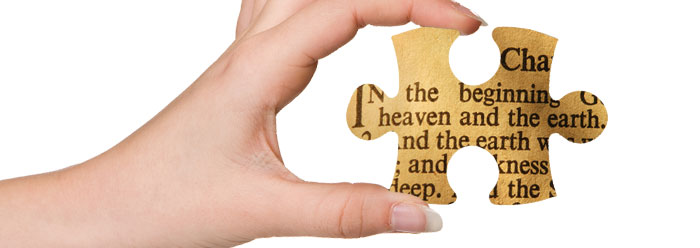
Circular Reasoning in Polar Bear Origins Date
Biologists agree that polar bears, brown bears, and black bears all descended from a prototype of the bear kind. Some researchers infer from the biblical record that bears rapidly and recently diversified from a representative bear pair on board Noah's Ark, while those who reject the biblical record derive age information from other sources.

Study Finds DNA Clues to Cattle Origins
Archaeologists concur that modern domestic cattle descended from wild aurochs in the Middle East. But recent DNA analysis showed that many aurochs were actually included in the first domesticated herd. And like other studies of plant and animal origins, these results show that cattle history matches best with biblical history.

Four Scientific Reasons That Refute Evolution
Some claim that evolution is unbiblical and unscientific. Others claim that science proves evolution. Which view is right? Four clear observations show why evolution—which asserts that fish became fishermen by nature’s provision of new biological information—is utterly unscientific.
1. Fossils do not show evolution.

New Theory: Evolution Goes Backward
Microbiologists contend that instead of increasing complexity, evolution of some systems—like interdependent microbial communities—can occur by losing complexity. How accurate or meaningful is this new idea about "reductive evolution," whereby life evolves by losing genes?1




